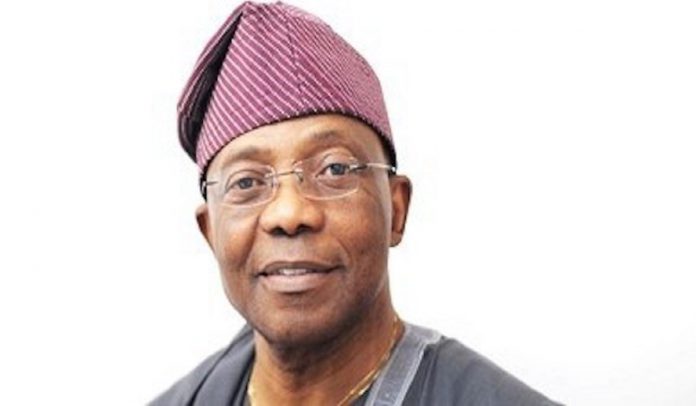- says maritime can grow Nigeria’s GDP by 30%
- nations moving away from fossil fuel
The LADOL chairman stated that having the longest coastline in West Africa gave the Nigerian maritime sector vast untapped opportunities and that the maritime sector could develop sustainable businesses that would dwarf the revenues from exporting commodities.



